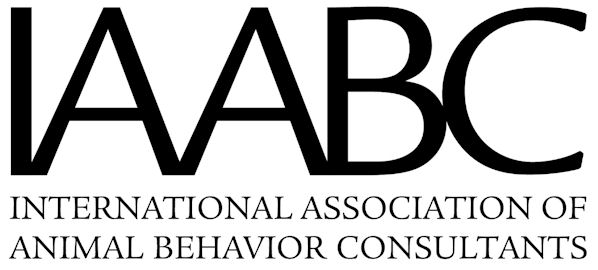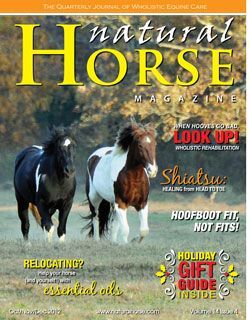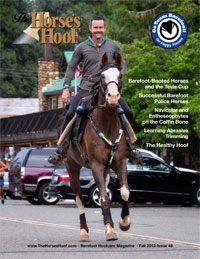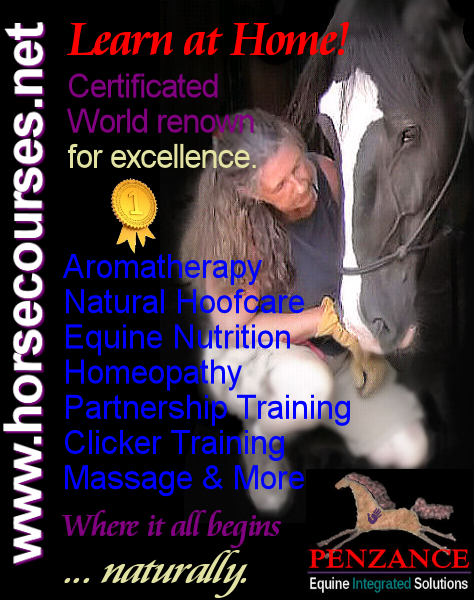 Excerpt from discussion on reward vs. punishment:
Excerpt from discussion on reward vs. punishment:
“If a horse feels threatened by a whip then that causes stress. Stress interferes with learning. That pressure is too much for the horse to learn. If the horse does not view the whip as a threat, as you say, but merely pressure, then the horse won’t feel threatened but its still pressure. By definition that still puts the use of a whip and the removal of pressure as a negative reinforcer … you’re *** taking away *** (a negative as in math) an aversive (annoying, irritating) stimulus in order to increase the probability of repeated behavior.
I dont’ know how else to explain it. People get stuck on that word ‘negative’ thinking that it means ‘bad’ … in operant conditioning it doesn’t mean ‘bad’ — it means to ‘take away something’ … such as, as I said, pressure and release. That’s negative reinforcement. I use crops, whips, sticks, reeds to extend my arm and help pinpoint the energy/pressure on the part of the body which I want to move. If I point or tap the whip on the hip of the horse and the horse steps away from that, that’s using’negative reinforcement’. I stopped the tapping or pressure when the horse did what I asked (or made a good try if learning something new). If I **WHIP** the horse on the hip with intent to hurt/sting/cause pain, that’s ‘negative punishment’ … Punishment is a whole nother thang but is one of the 4 parts to operant conditioning. I don’t use punishment (positive punishment or negative punishment) – only reinforcement because 1. I believe if the horse doesn’t do what I’m requesting then perhaps he didn’t understand. 2. If he does understand but still doesn’t do, then I’m at fault for not being a proper leader. or 3. if a horse doesn’t do what I ask then perhaps he CAN’T do what I ask due to some physical issue. If the horse is acting defensive and threatened then its MY fault as I’m applying too much pressure on that horse at that time so I back off and we work on something less threatening to further increase the trust level. As the horse learns to TRUST, the horse learns to WANT to do what pleases the trusted handler/leader/partner.
When a horse ‘chooses’ to do what is requested, without force, then it truly affects the mind of the horse as well as the relationship between the handler and the horse. I want to be able to trust a horse to look out for me as he does for his equine ‘leader’/friend. A horse that does not trust the handler will act out, resist (usually resist with as much pressure as being applied) or otherwise rebel. Its just his nature. Its hardwired into the horse to do this. But a horse that trusts his human will do whatever he can to be a trusted partner in turn. He will ‘follow his leader’ and be a good ‘friend’ as he’s hardwired to be. Punishment is not about establishing trust or relationships: its about control and egos. OTOH, pressure, used as a ‘cue’, is about teaching and asking the horse in a manner that is clear for him to understand.
Let me give an example I just encountered this week. Young Halflinger … pushy, shovey, boarding stable has required the use of a chain over his nose to ‘control’ him. The type of horse who responds with MORE resistance, the more ‘force’ one uses. IOW, shanking him on the nose with a chain or trying to force him to go or do something results in him setting his neck and just plain plowing over you or around you and he’s gone. Been doing this most of his life. So, instead, took him at liberty in the indoor. Had the owner use JUST her energy (directing by focusing on HER space in front of HIS hooves and growing that space bigger), click and reward first for barely LEANING back. Resumed focus … leaned further back. C/T. Next focus, took one step back. Big C/T. Remember – only pressure is his owner making her space bigger with her energy. Within 10 mins he was backing 5 steps away from her and standing quietly – waiting. Any problems leading him back out of the indoor or to the paddock? Nope .. he walked respectfully behind her, stopped when she did, slowed down to her pace, sped up to her pace … took his cues from HER instead of the other way ’round. No whipping on his front end to get him to back up. No shanking a lead or even having a lead/halter on him. No force. HE CHOSE to listen and move himself out of her space. He could have left or run over her or go anywhere he wanted in that arena. But instead, he chose to listen and that owner gained herself a privileged spot in the hierarchy that day that won’t be forgotten. Now will he do this with another handler? We’ll see and it *does* depend on that handler’s intent and energy as anything does with horses. Too much ‘force’ and ‘demand’ and that horse will probably go right over/through that handler. But now that he’s had a ‘taste’ of reward for choosing to ‘behave’ rather than being punished, I think he’ll do well. A horse that ‘does’ because of force, intimidation, punishment will always react because of that and punishment will always be needed. A horse that ‘does’ because he choses to do so, will continue to ‘chose’ aptly as it rewards him in some manner and give him pleasure until the cue and response becomes a ‘conditioned’ response/habit. Just like with people.”
~G. Santagate










